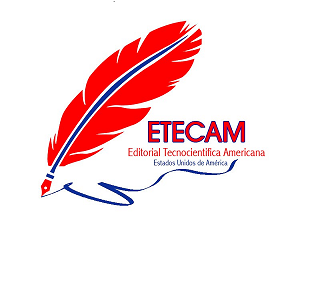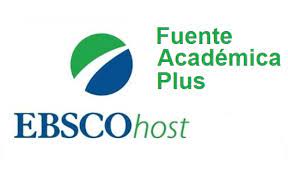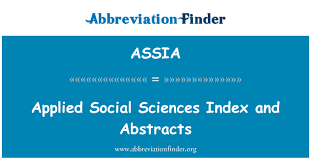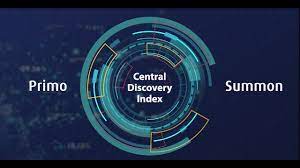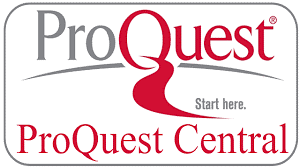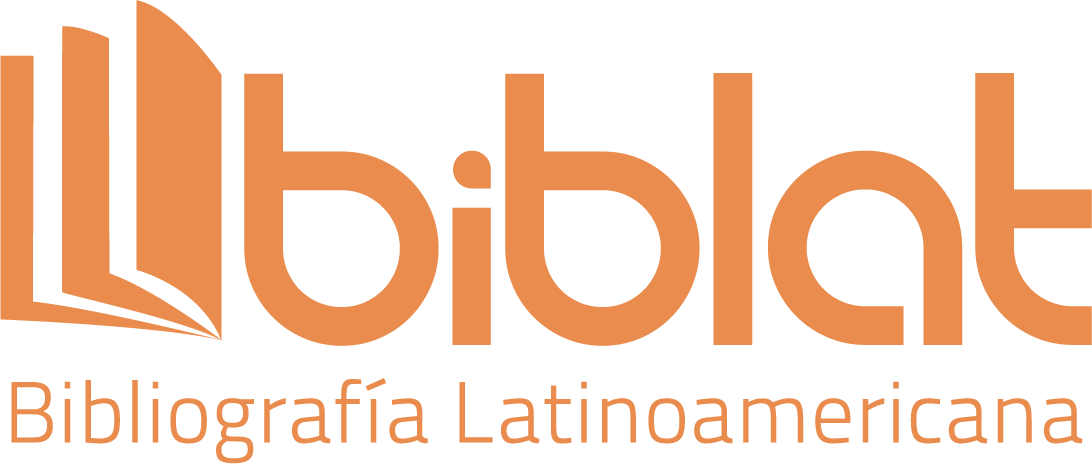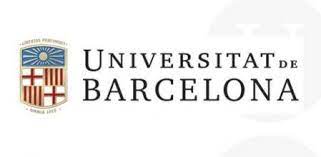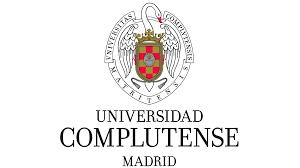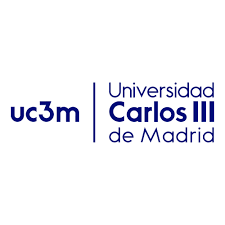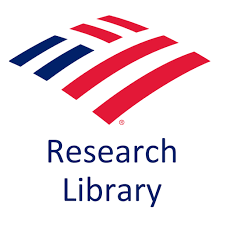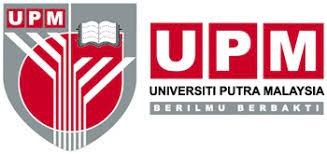Ludic strategies to improve the educational inclusion of students with learning difficulties in the fourth year of basic education at the Juan León Mera school
DOI:
https://doi.org/10.51736/sa.v7i3.339Keywords:
ludic strategies, educational inclusion, learning difficultiesAbstract
The use of ludic strategies is one of the pedagogical responses that education has provided to the need to enhance inclusive education in the educational environment. A research process was carried out based on a mixed approach, at an explanatory level with a pre-experimental design, with the objective of developing play strategies to improve the educational inclusion of students with learning difficulties in the fourth year of Basic Education at the "Juan León Mera" School, Guayaquil, Ecuador, during the 2023-2024 school year. The initial descriptive study revealed achievements and inadequacies associated fundamentally with equity in the achievement of results, respect for cultural, socioeconomic and ethnic diversities, and attention to special educational needs. The modeled ludic strategies are oriented to improve the educational inclusion of students with learning difficulties through an integrated approach in which the most effective good pedagogical practices are materialized, making it possible to propose practical recommendations for their implementation in the specific context of the educational institution. The scientific assessment of the modeled ludic strategies revealed their significant contribution to improve the educational inclusion of students with learning difficulties in the school context under transformation. The evaluations made by the experts and the evaluations of the students themselves provided the arguments that allow asserting the validity of the proposal to improve the harmonic and gradual integration of the students at adequate assimilation rhythms.
Downloads
References
Aguinaga-Doig, S., Velázquez-Tejeda, M. E., & Rimari-Arias, M. (2018). Modelo contextualizado de inclusión educativa. Revista educación, 42(2), 1-16.
Beltrán, V. H., Coto, V. G., Calvo, L. G., Arévalo, E. S., & Puerto, J. M. G. (2023). Importancia de las actitudes hacia las personas con discapacidad en Educación Infantil y Primaria: Revisión sistemática. Bordón: Revista de pedagogía, 75(1), 83-110.
Calvo, G. (2013). La formación de docentes para la inclusión educativa. Páginas de educación, 6(1), 19-35.
Cazorla Merchán, L. D. (2022). Las actividades lúdicas y la inclusión educativa en los niños de 4-5 años de la Unidad Educativa Federico González Suárez, del Cantón Alausí, periodo 2022 [Tesis de grado, Universidad Nacional de Chimborazo]. Repositorio institucional. http://dspace.unach.edu.ec/bitstream/51000/9712/1/UNACH-EC-FCEHT-EINC-0027-2022.pdf
Córdoba, E. F., Lara, F., & García, A. (2017). El juego como estrategia lúdica para la educación inclusiva del buen vivir. ENSAYOS: Revista de la Facultad de Educación de Albacete, 32(1).
Farias, D., & Rojas Velásquez, F. (2010). Estrategias lúdicas para la enseñanza de la matemática en estudiantes que inician estudios superiores. Paradigma, 31(2), 53-64.
Flores-Santander, M. A., Chávez-Silva, A. M., García-Cobas, R., & Ortiz-Aguilar, W. (2024). Estrategia didáctica de gamificación para mejorar el comportamiento escolar a través de la asignatura Estudios Sociales en la Educación Básica. MQRInvestigar, 8(2), 1679-1707.
Gudiño, M. R., Río, C. J., & Calle, R. C. (2022). La percepción de los alumnos como indicador de inclusión educativa. Educación XX1, 25(1), 257-379.
Hernández-Sampieri, R., Fernández Collado, C. & Baptista Luicio, P. (2018). Metodología de la investigación: las rutas cuantitativa, cualitativa y mixta. McGraw-Hill México.
Jilaja, D. M., & Huayanca-Medina, P. C. (2023). Los juegos tradicionales como potenciadores de la inclusión sociopsicomotriz en estudiantes de educación primaria con dificultad de aprendizaje. Revista electrónica interuniversitaria de formación del profesorado, 26(3), 61-74.
Jiménez, C. R., Navas-Parejo, M. R., Villalba, M. J. S., & Campoy, J. M. F. (2019). El uso de la gamificación para el fomento de la educación inclusiva. IJNE: International Journal of New Education, (3), 40-59.
Martínez-Usarralde, M. J. (2021). Inclusión educativa comparada en UNESCO y OCDE desde la cartografía social. Educación XX1, 24(1), 93-115.
Mena, E. D., & Rengel, K. E. (2020). La inclusión educativa en los procesos pedagógicos https://doi.org/10.36260/rbr.v9i10.1087
Molina, Y. (2015). Necesidades educativas especiales, elementos para una propuesta de inclusión educativa a través de la investigación acción participativa: El caso de la Escuela México. Estudios pedagógicos (Valdivia), 41(ESPECIAL), 147-167.
Patiño, M. P. Z., & Cobas, R. G. (2024). Programa Educativo para la Inclusión de estudiantes con Discapacidad Intelectual en la clase de Educación Física. Dominio de las Ciencias, 10(2), 1043-1060.
Pincay, J. C. (2023). Inclusión Educativa con Estrategias Lúdicas en Adaptaciones Curriculares de Estudios Sociales. UCV-Scientia, 15(2), 7-18.
Yánez, E. J. P., Jadan, R. J. P., & Cobas, R. G. (2023). Competencias pedagógicas de los docentes para la atención a niños con dificultades específicas de aprendizaje. Sinergia Académica, 6(Especial), 136-152.
Published
How to Cite
Issue
Section
License
Copyright (c) 2024 Ingrid Gissella Quinto Grijalva, Marjorie Elizabeth Peñafiel Peñafiel, Wilber Ortiz Aguilar

This work is licensed under a Creative Commons Attribution-NonCommercial-ShareAlike 3.0 Unported License.













